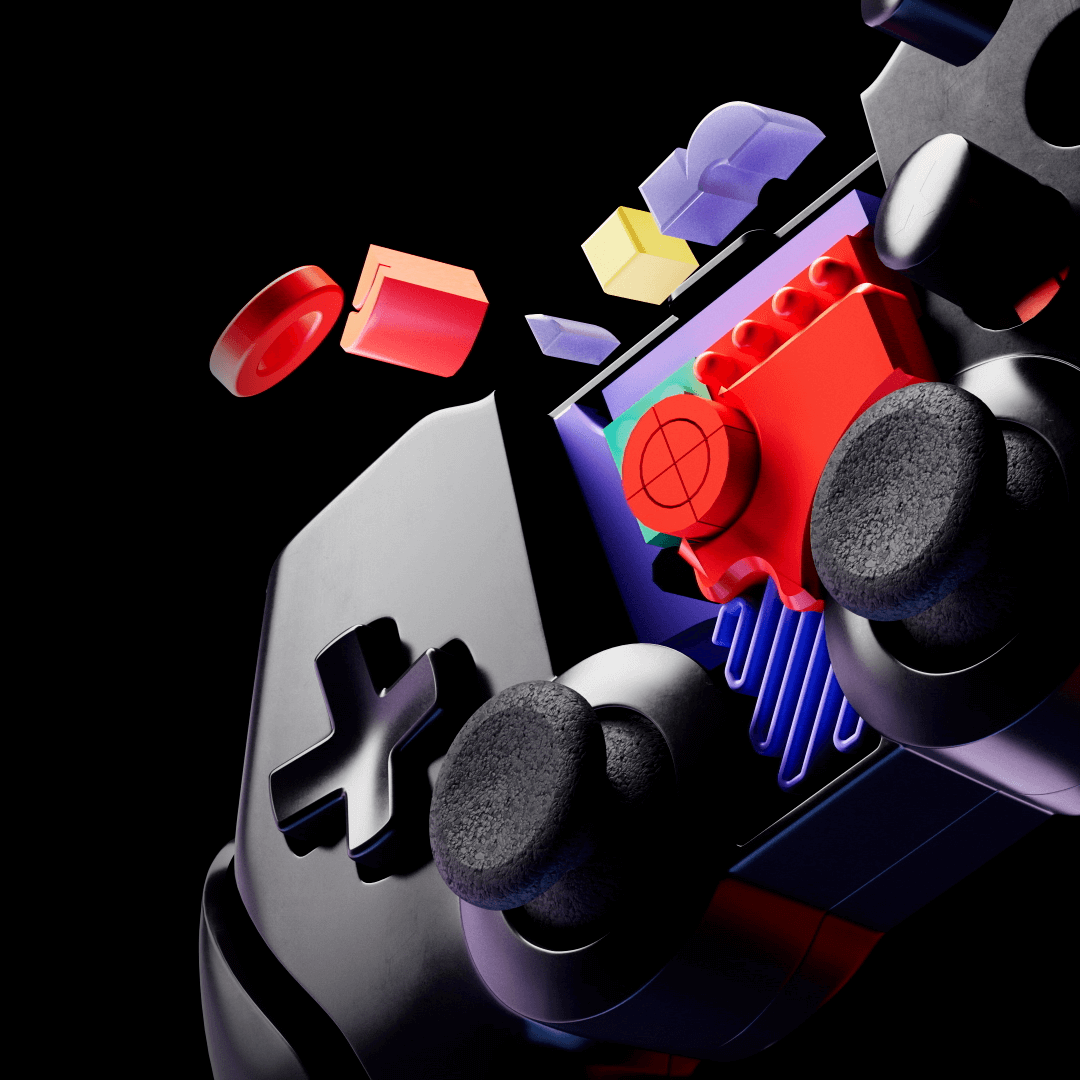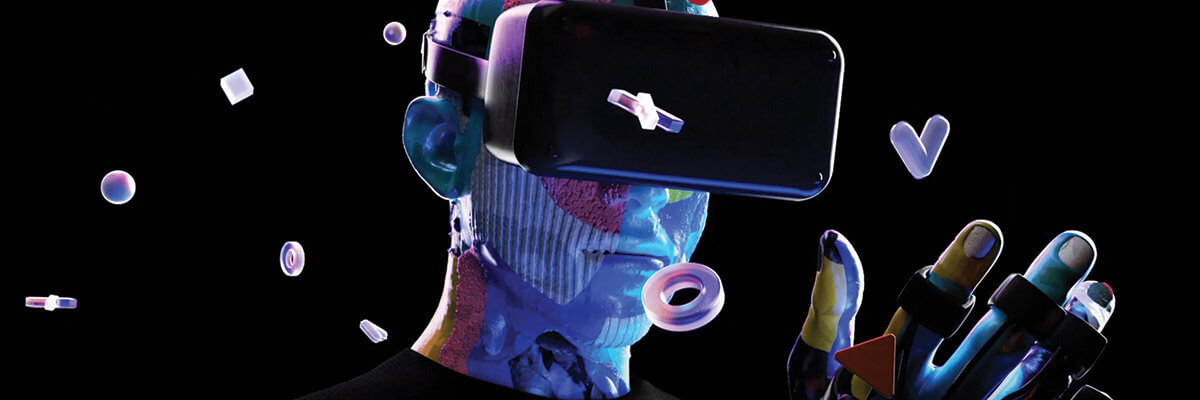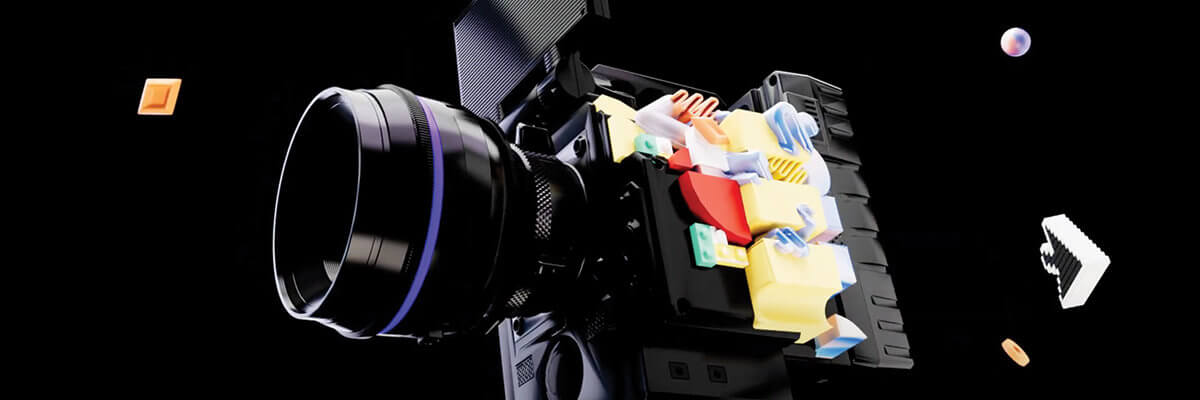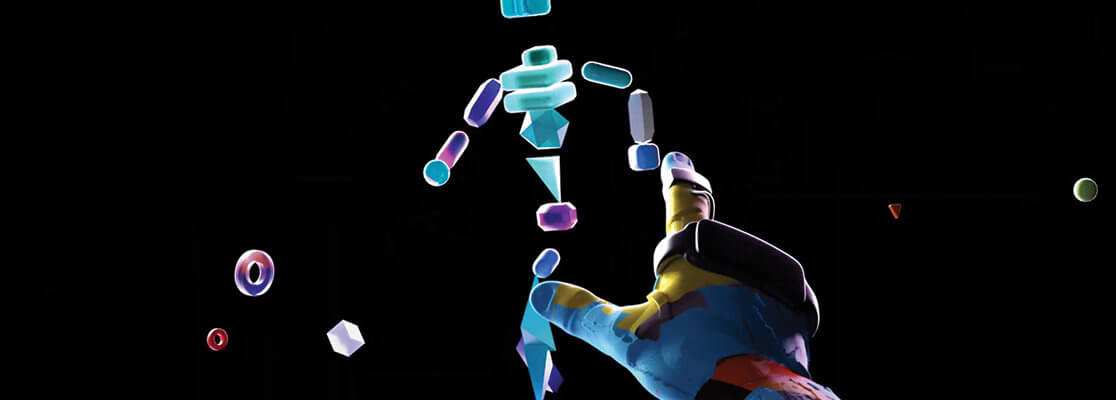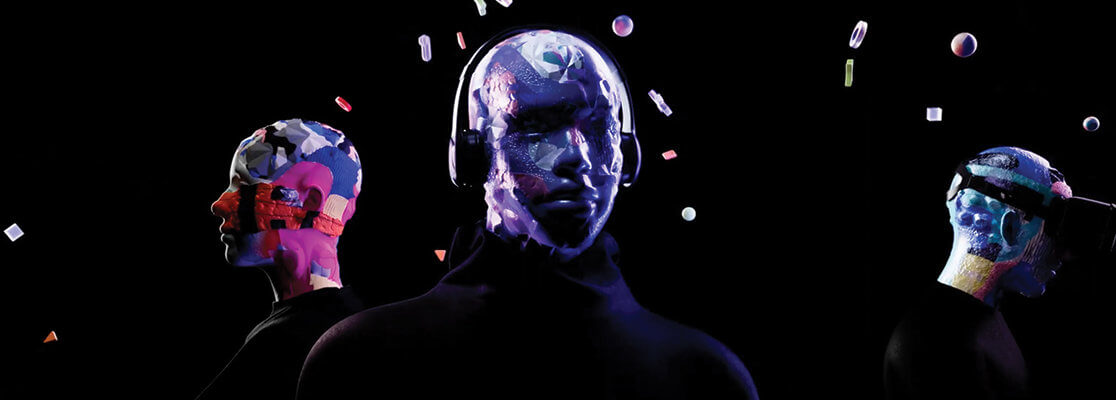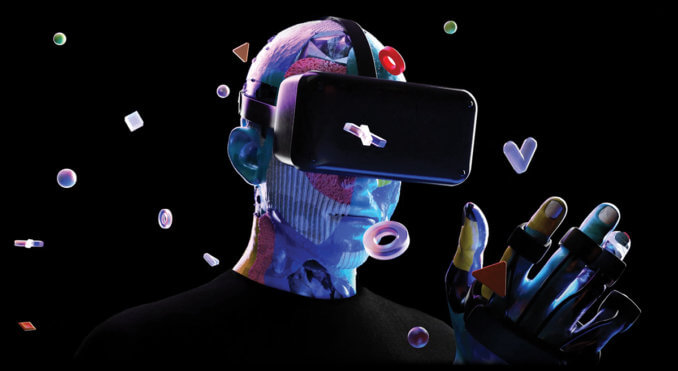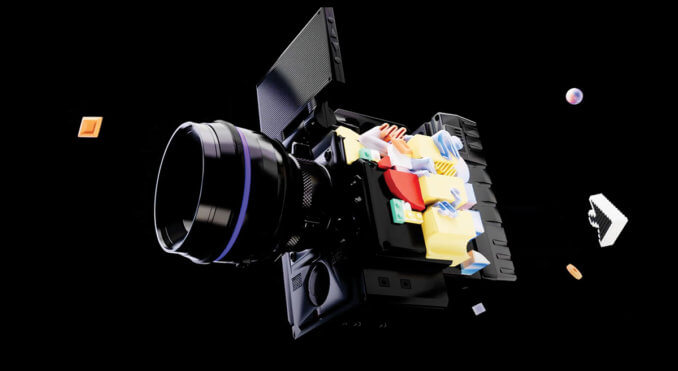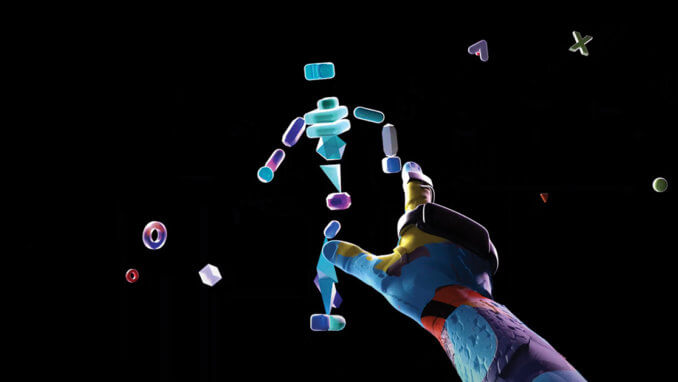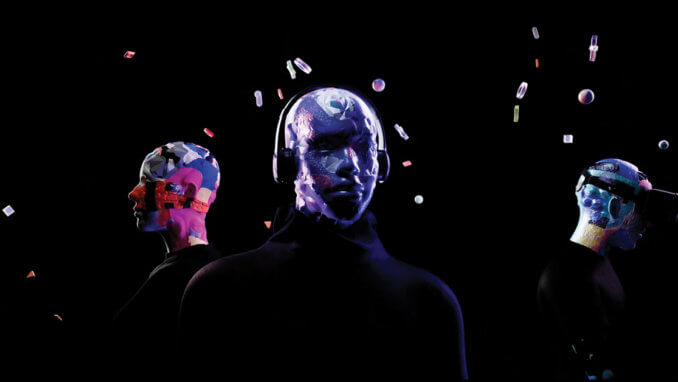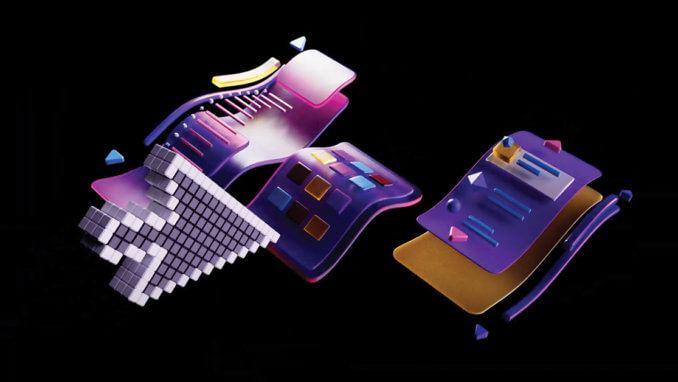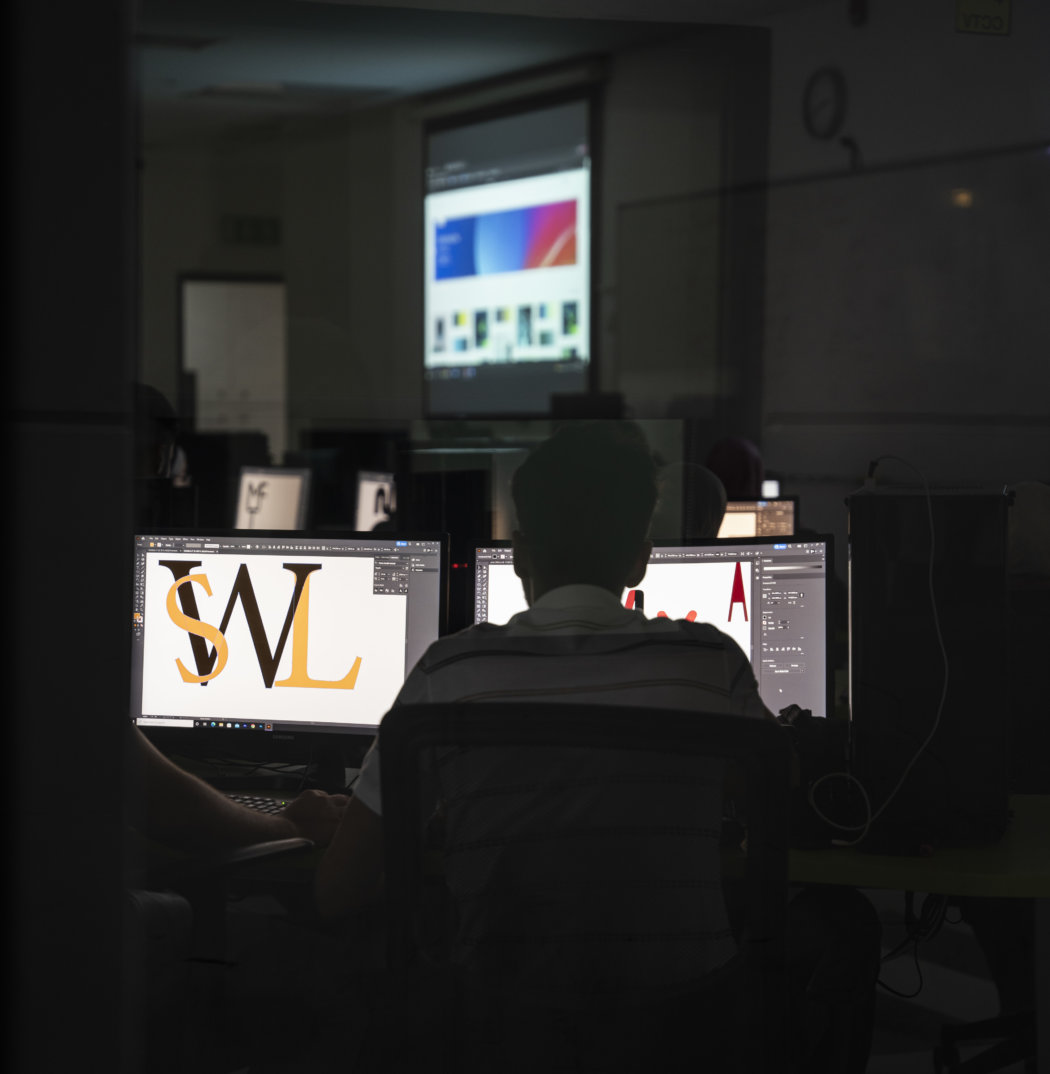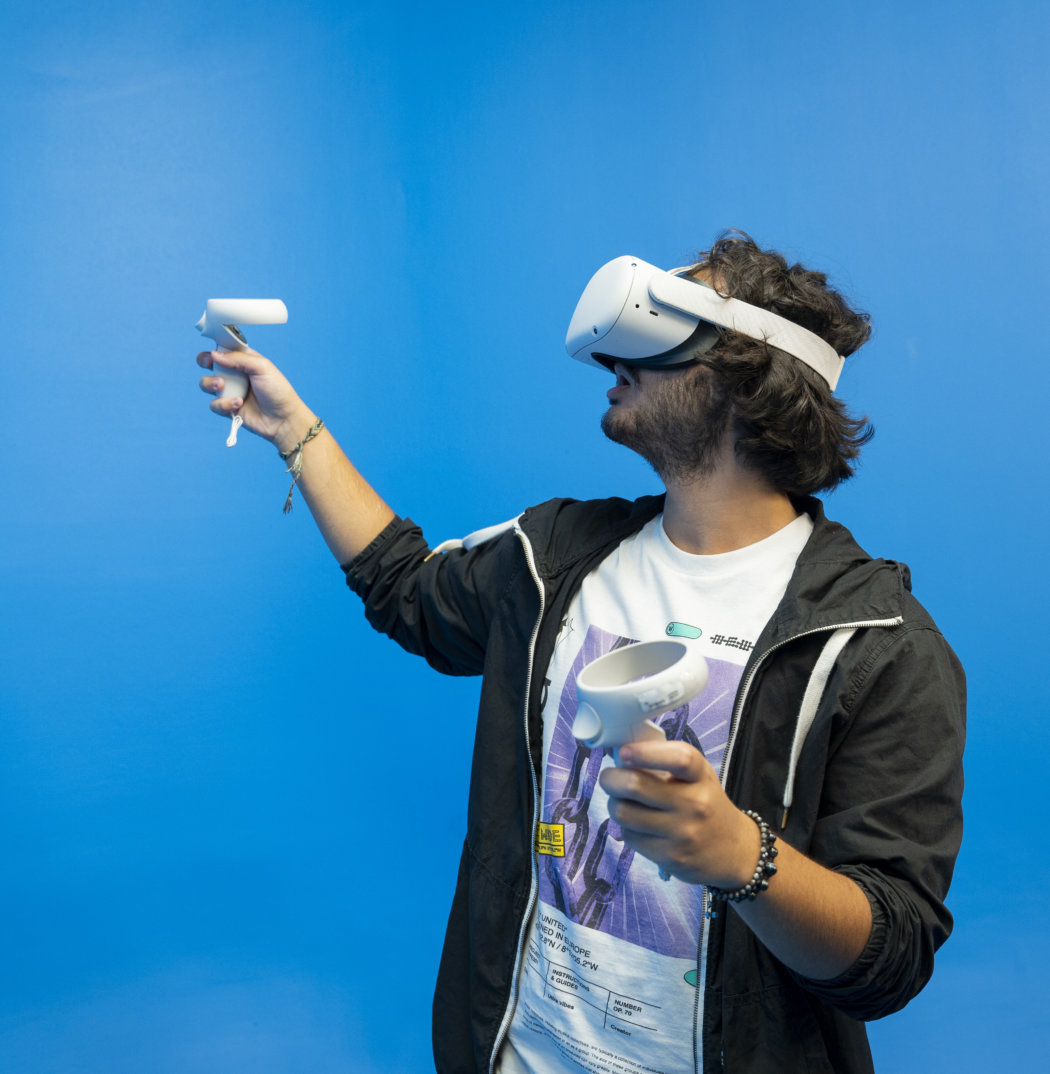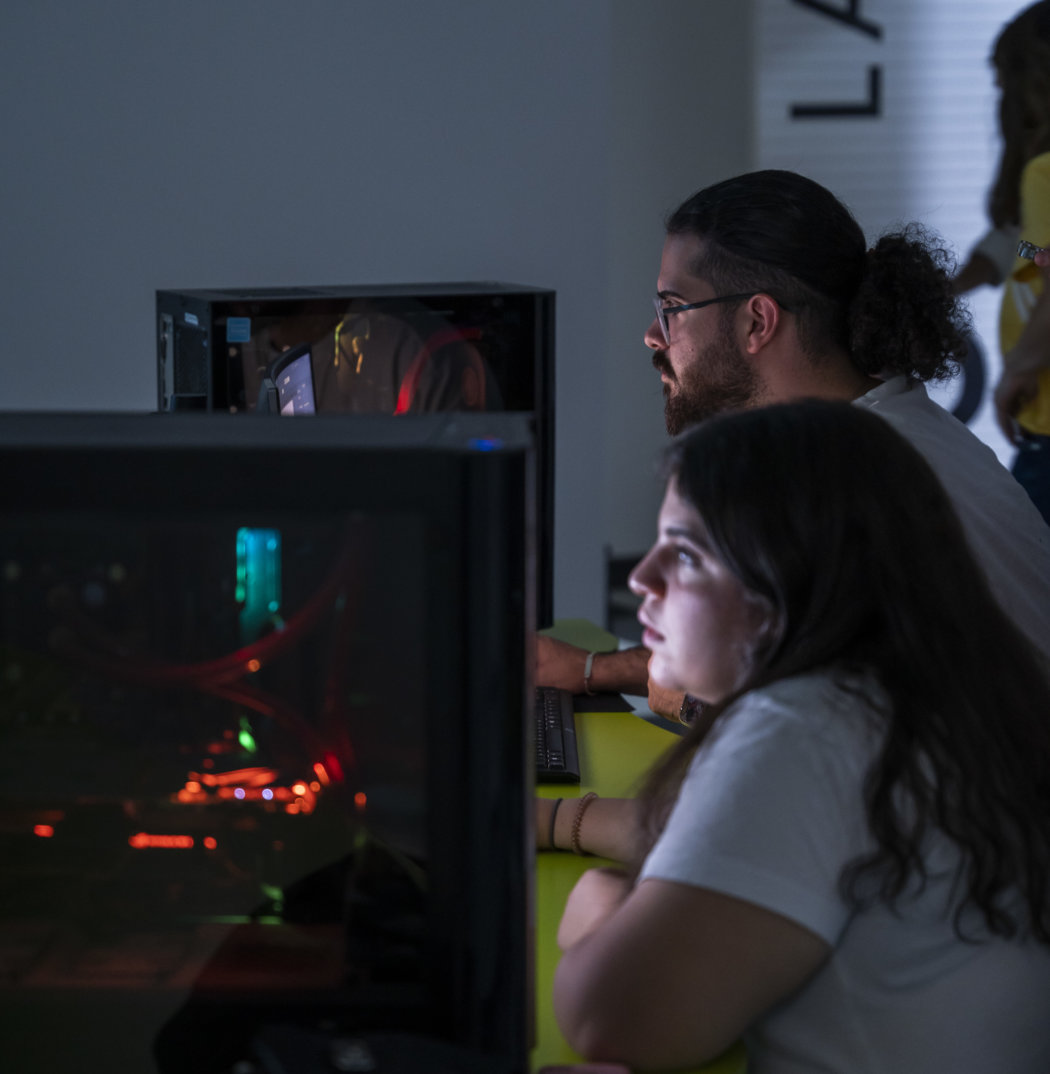Bachelor of Augmented & Virtual Reality
START YOUR CAREER AHEAD OF THE GAME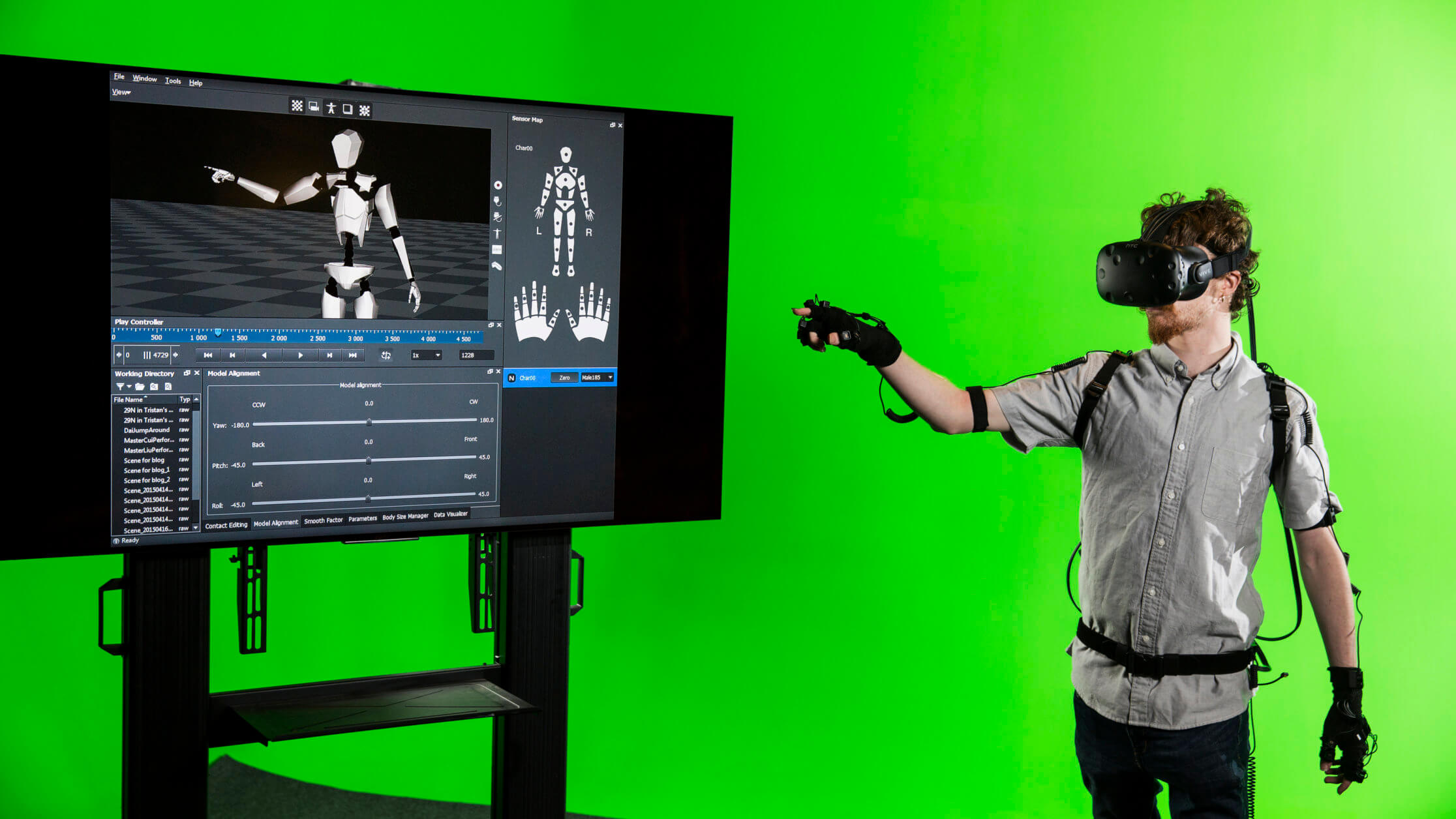
Complete your accredited Bachelor’s degree in less than 4 years with a total of 11 trimesters.
Complete your accredited Bachelor’s degree in less than 4 years with a total of 11 trimesters.
22 October 2023
3 March 2024
21 July 2024
22 October 2023
3 March 2024
21 July 2024
YOUR CAREER IN AR & VR BEGINS NOW
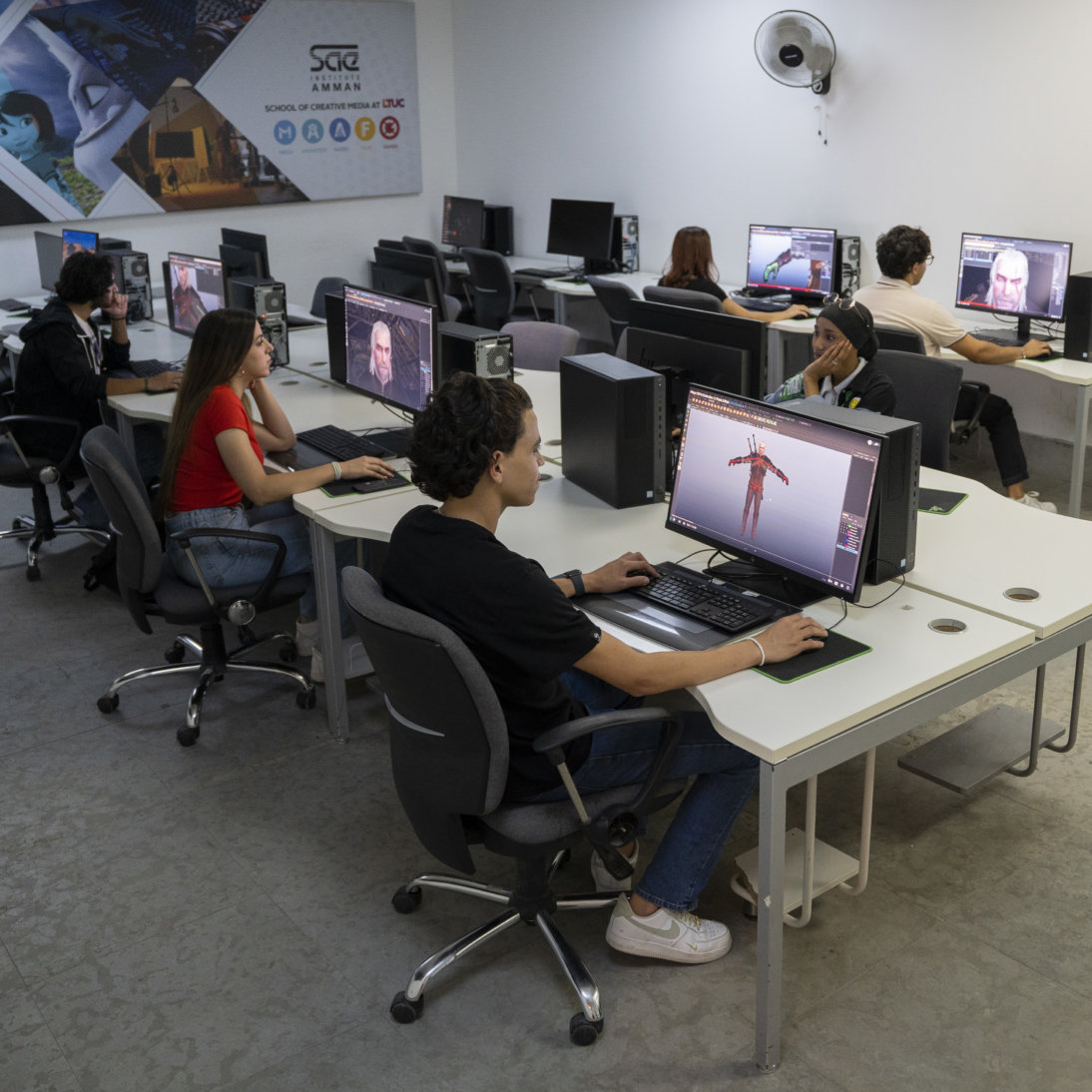
Games Development Skills
Course Structure
The curriculum was established by The National Youth Organization Which is an organization that works on developing skills for the youth in order for them to be able to interact and integrate into society whether that be in their personal lives or in an educational environment.
The students are trained around five main focus points: Personal competencies, Problem-solving and dealing with conflict, Proper healthy behavior, Effective habits in the work environment, and learning through service."
Although technical proficiency is a goal, the primary emphasis of the course is the successful creation of imagery, sound, video, and animation for use in motion graphic projects.
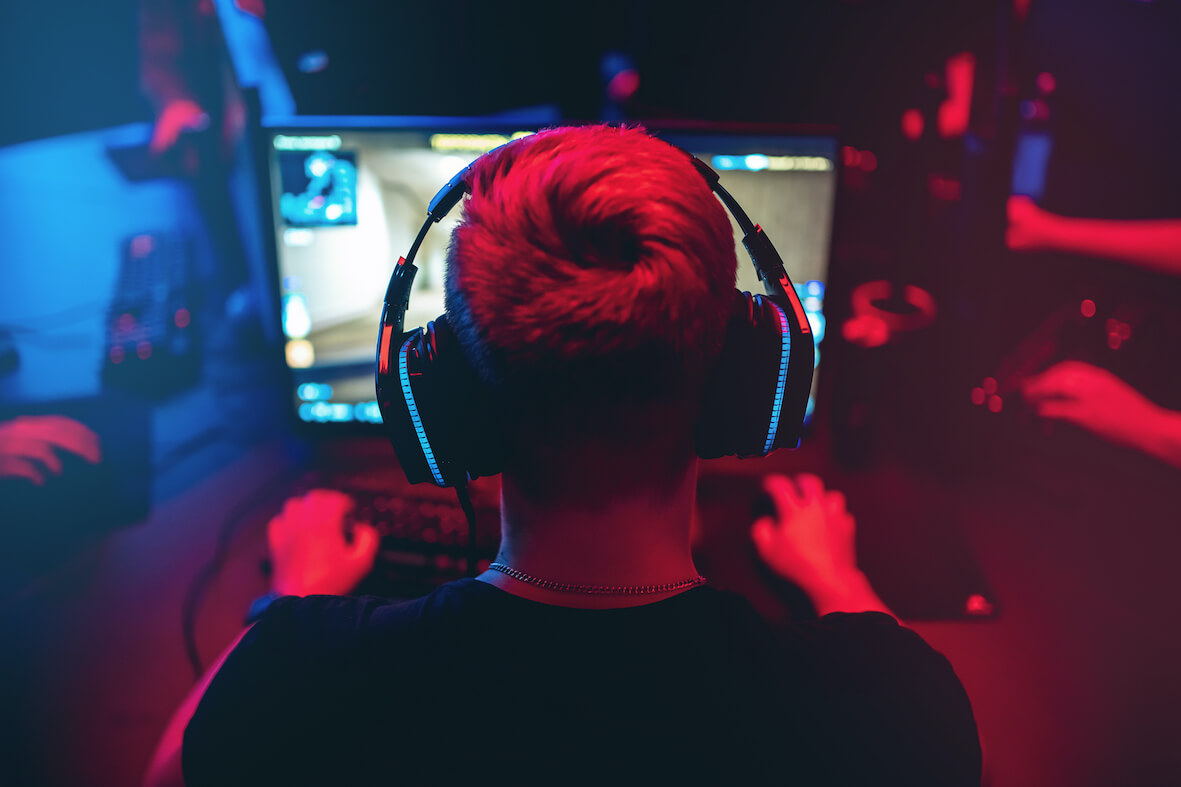
Career Outcomes
What jobs will this course lead to?
- Game Designer/Developer
- Game Economy Designer
- Level Designer
- Digital Artist for AR/VR
- Simulation Specialists
- Community Manager
- Visual Effects Artist
- Systems Designer
- Software Developer
- User Experience Designer
- Graphics Programmer
- Games Writer
Course FAQs
All SAE courses focus on practical, hands-on delivery. The amount of practical time you experience during your study varies depending on your course. You will always have an opportunity to access campus resources and facilities outside of class times; during campus opening hours.
It can vary depending on the course. In most cases, lectures have an average of 15 students.
It’s a study requirement that students have their laptops (for after-school study). The laptop specifications and features can be sent to your email when requested.
